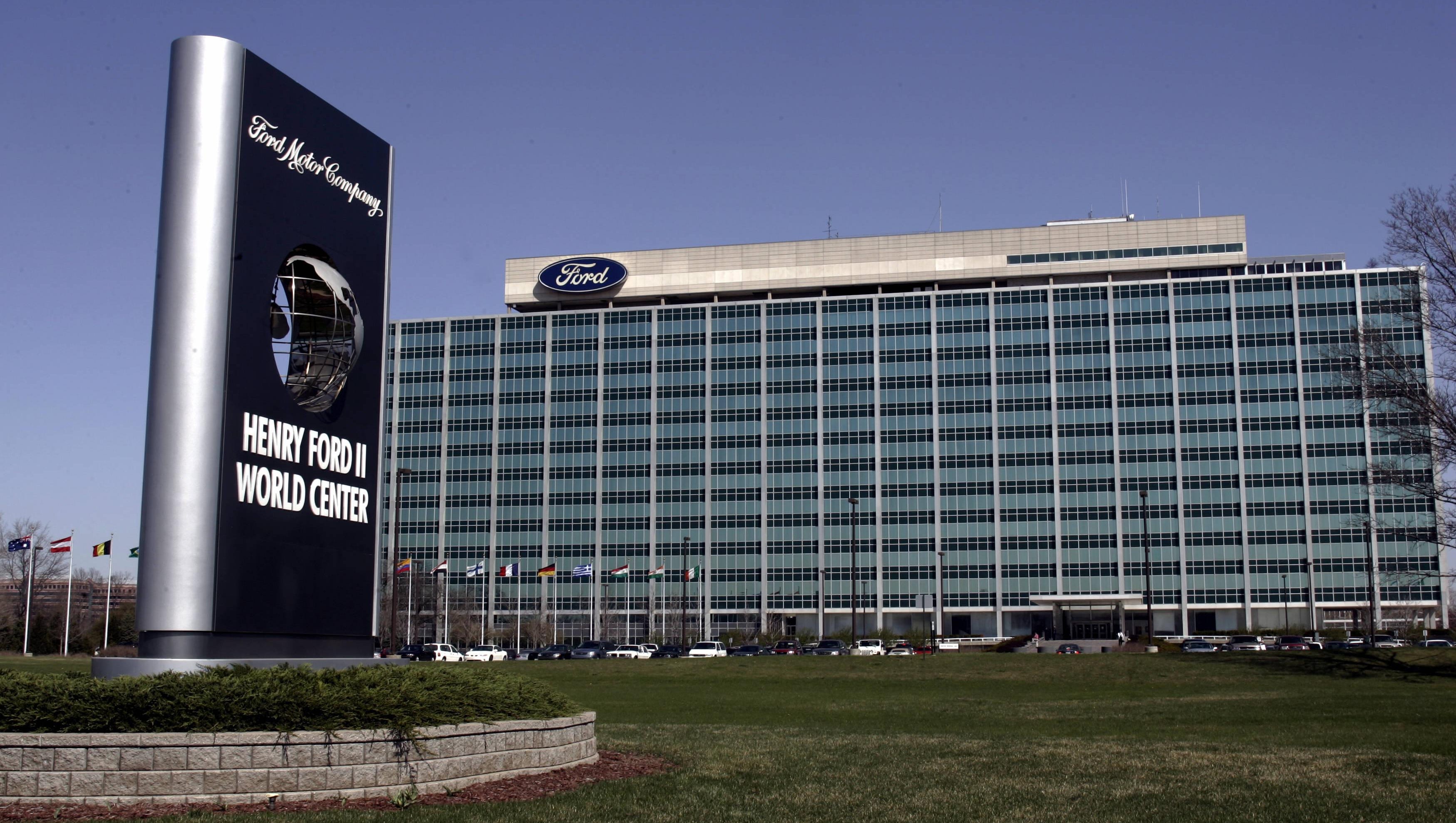Ford expects to cut jobs in restructuring

Ford Motor Co. has begun what company officials expect to be a months-long process to form a plan focused on trimming its global salaried workforce.
Officials expect to cut the number of salaried employees globally, which could include some in its profitable North American segment, according to Kiersten Robinson, Ford chief human resources officer, and Mark Truby, Ford vice president of communications.
Thursday, officials began examining where the company has too many "layers" of salaried workers. The company expects to know what, where and whom to cut by the second quarter of 2019. Some information on preliminary plans might become available before then.
Robinson and Truby told The Detroit News there were no details yet as to which regions will see the largest cuts. The automaker said the workforce reduction is not expected to affect hourly employees.
The reductions are expected to fall under the $11 billion restructuring the company announced last quarter. Ford announced the start of the reorganization internally Thursday.
"The net result will be a flatter organization," Robinson said. "The more layers we have, it really impedes our ability to move fast."
Details are thin, but the internal announcement made public Friday illustrates the game the 115-year-old automaker is playing with Wall Street analysts and investors. They want answers Ford isn't ready to give, according to Kristin Dziczek, vice president of Industry, labor and economics at the Center for Automotive Research in Ann Arbor.
"This is just getting their ship in order," she said. "Wall Street has no patience for waiting for anything. Any delay in getting more details is probably too much in their eyes. (Ford) doesn't want to say exactly what they're doing, but they also don't want to make it look like they're sitting doing nothing."
The plan will emulate processes the automaker used earlier this year to reorganize its highest-level management under CEO Jim Hackett, Truby said. Those decisions brought about the creation of Ford Autonomous Vehicles LLC, which broke out the company's autonomous vehicle business and shifted officials to cover more specific segments of the company.
"There is going to be over the course of this some reduction of workforce, but we don't have any numbers there," Truby said. "It'll be based on the work that we need to do. It could be more in some places and less in others."
The Ford officials said some of the work will be based on internal surveys and focus groups. Ford employees have complained that there is too much bureaucracy and too many layers within salaried ranks.
The decision-making process is expected to finish by the second quarter of 2019. The restructuring is expected to take three to five years, the automaker has said.
Industry experts have speculated for weeks since the automaker announced plans to spend $11 billion to restructure its global business in addition to more than $25 billion in operational cost cuts.
Sources in September told The Detroit News that most of that restructuring money would be spent outside of the U.S. on the automaker's European and South American businesses.
But the expectation that Ford could execute a global restructuring over the next three to five years without significantly impacting its 86,000-person workforce in the United States was then met with skepticism outside the company. The company employs 202,000 people globally.
The global restructuring is happening at the same time as a separate $25.5 billion workout aimed at cutting operational costs. The $11 billion restructuring of money-losing operations is separate.
The latter is likely to be a more traditional workout, reducing excess plant capacity and cutting jobs in a bid to turn chronic money losers into contributors to Ford’s bottom line.
As early as the fourth quarter, the automaker could detail the future of its partnerships with Mahindra Group in India and Volkswagen in Europe and South America, though actions contemplated for those regions are expected to run into next year.
North America is the only region in the company delivering solid, if slightly subpar, margins this year. And belt-tightening has been a part of the plan Hackett inherited when he arrived in the c-suite in May 2017. The automaker cut 1,400 salaried workers in the U.S. last year through early retirement and buyout options.
Ford is cutting sedans completely out of its U.S. lineup to make room for larger, more profitable and theoretically more desirable crossovers.
Over the next five years, the automaker plans to trim $12 billion from what it expected to spend on materials for products; $7 billion from its product development and engineering processes; $5 billion from marketing and incentive spending; and $1.3 billion on manufacturing costs.
All of that serves to give the automaker more for its money as it launches a slew of new products through 2023.
Through the first half of this year, Ford lost nearly $800 million total in South America, the Middle East, Europe and Asia Pacific. Only North America, home to the franchise F-Series line of pickups and a full stable of SUVs, delivered enviable profits to Ford's bottom line.
In 2017, Ford lost $784 million in South America; lost $263 million in the Middle East and Africa; and made $234 million in Europe, a trend there that appears to be reversing this year. North American profits helped the automaker post a $7.6 billion profit for the year, underscoring the need for global restructuring.
The automaker reports its third-quarter earnings Oct. 24.
For now, the automaker is cautiously rolling out information on how it will reorganize its global footprint to brave an uncertain future. Even if that means causing some uncertainty among its workforce.
"It’s incredibly painful for the people affected," Dziczek said. "But the livelihood of everyone else that remains at Ford is at stake.They’re kind of damned if they share information, damned if they don’t. It is a tough needle to thread."
ithibodeau@detroitnews.com
Twitter: @Ian_Thibodeau